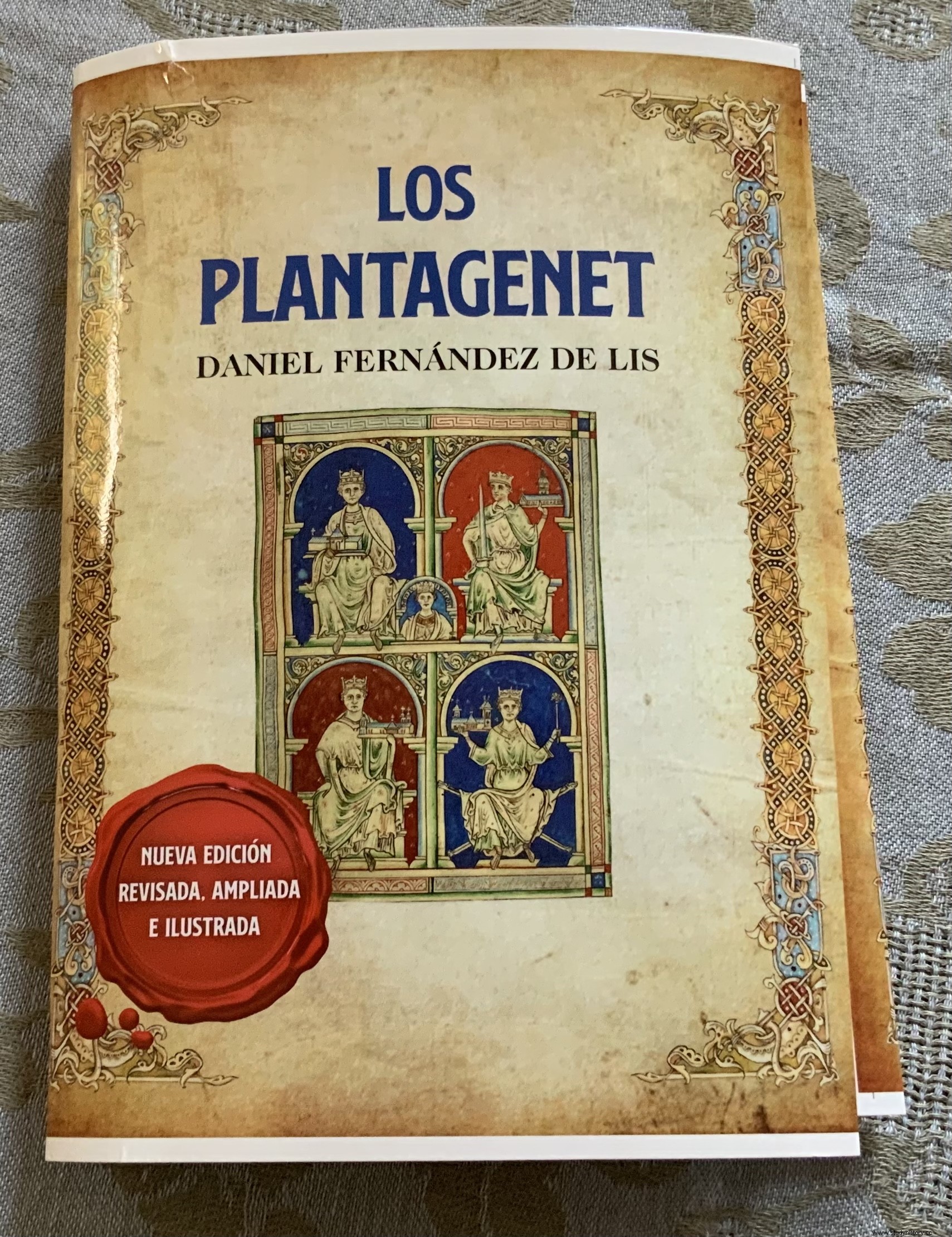 Entry taken from the book The Plantagenets
Entry taken from the book The Plantagenets
In the last entry of the series that we are dedicating to the conquest of Wales by England (Origin of the title Prince of Wales to designate the heir to the English throne) we pointed out that years after the integration of Wales into the English crown produced a last Welsh attempt at rebellion against the English and regaining independence. This revolt was led by the protagonist of this entry, Owain Glyndwr, who at one point even regained the title of Prince of Wales for himself.
Owain was a landowner from the Welsh Marches who had been involved in a land dispute for several years with another Welsh nobleman, Baron Gray de Ruthin, when in 1399 in England he rose to the throne Henry IV (after rebelling and signing his resignation to the throne to his cousin Richard II, who died shortly after in unclear circumstances … but that's another story). Going back to Owain, he had the bad luck that his rival Gray was a close friend of the new English king. Gray occupied Owain's lands and "forgot" to deliver to Owain a call to arms made by Henry IV against the Scots, so Owain became a traitor by disobeying a royal order.
Outraged at this unjust situation, Owain appealed to a number of loyal Welsh friends and disaffected to join him at his Denbighshire fiefdom. There our protagonist was proclaimed Prince of Wales at the same time that those gathered took an oath to kill Henry IV and banish the use of the English language from Wales. The rebels, in military formation, went to Ruthin's fiefdom, where they dedicated themselves to looting and looting.
The so-called Welsh Revolt, which had started in an almost private dispute between two Welsh nobles, turned into an open rebellion that by 1403 had spread to almost all of Welsh territory, and which was even joined by a good number of French mercenaries who landed in Milford Haven in 1404; it was the bloodiest revolt against the English in over a hundred years.
For fifteen years the English and Welsh forces held many skirmishes and small battles with varying luck; the rebels gained ground one year only to lose it the next, following the traditional guerilla warfare tactic practiced since time immemorial by the Welsh to counteract the English numerical superiority that would be incontestable in an open field battle that the Welsh avoided.
At the most favorable times for the rebels, Owain came to hold more territory than any other Welsh ruler since Llywelin the Great, which we discussed in the blog post dedicated to his wife Joanna Plantagenet (daughter of Juan Sin Tierra). However, from 1410 the rebellion began to lose strength, among other reasons due to the loss of support in France and Scotland, and from 1412 the track of the leader of the rebellion is lost. Some sources, specifically Adam of Usk, state that in 1415 Owain "after four years of hiding from the king and the kingdom, he died and was buried by his followers in the dead of night."
In any case, with the accession of Henry V in 1413 tensions were eased and the new monarch offered forgiveness to the Welsh rebels; in 1421 Owain's son submitted to Henry and accepted his pardon.
The truth is that Owain Glyndwr was the last Welshman who proclaimed himself Prince of Wales and who led a rebellion against England aimed at recovering the national identity of Wales, a country in which he is considered a national symbol.
Source:BBC History Magazine.
Image| Owain Glyndwr
